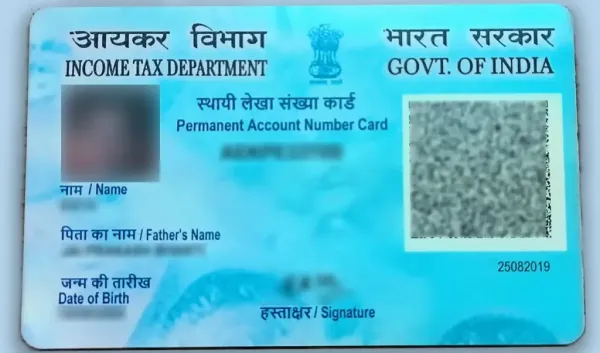
In the era of Digital India, as online access has increased, cyber fraud cases are also increasing rapidly. Fraudsters are now luring people with tricks like calls, messages, social media, fake apps, job offers, and quick loans. Therefore, the Ministry of Home Affairs has issued a cyber safety advisory to alert citizens. It details the various methods used by scammers to trap ordinary people and empty their accounts. Here's how to protect yourself with some simple precautions.
1. Digital Arrest Scam: Avoid Fake Police Calls
Fraudsters try to scare you by posing as police, CBI, or government officials. They claim a case has been filed against you, your data has been used for fraud, or your account will be frozen. Panicked, people transfer money. Remember, real police do not ask for money over the phone.
Keep in mind:
Immediately disconnect such calls and report the matter to www.cybercrime.gov.in or the 1930 helpline number.
2. Investment Scam: The Lure of High Returns
Fake websites or apps try to entice you into investing by promising high returns. Avoid any scheme that isn't SEBI registered. Promises like "double your money, 20% monthly return" are always fraudulent.
Be careful:
Only trust SEBI-approved apps/platforms. Don't blindly trust advertisements or groups on social media.
3. Part-Time Job Scam: Loot in the Name of Earning
Messages like "Earn ₹5,000–₹10,000 daily from home" are often found on social media or WhatsApp. This isn't a job, but a scam. They first make you complete a task, then take money in the name of a "security deposit."
Be careful:
Don't fall for these advertisements on social media.
4. Instant Loan Scam: The Fake of an Instant Loan
Don't fall for phone calls or messages promising "Loan approved in 5 minutes." Scammers steal your data and then blackmail you.
Be careful:
Only take a loan from an RBI/NBFC-verified app. Never share your personal information or bank details with anyone.
5. Unknown Link & App Download Fraud
Clicking on unknown links or downloading apps from anywhere can turn your mobile into a tool for fraud. Never click on links received via Telegram, WhatsApp, or SMS.
Be careful:
Download only from the Play Store/App Store.
6. OTP Fraud: Your OTP, Your Money
Fraudsters ask for OTPs in the name of banks, couriers, KYC, or e-commerce. You share your OTP, and your account could be emptied.
Keep in mind
No bank/company asks for an OTP, so never share your OTP with anyone.
Disclaimer: This content has been sourced and edited from Zee Business. While we have made modifications for clarity and presentation, the original content belongs to its respective authors and website. We do not claim ownership of the content.
-
These Ayurvedic remedies strengthen immunity in cold weather, provide relief from cold and cough.

-
Process and importance of linking PAN card with Aadhaar

-
No one tells this trick! Now this is how jasmine flowers will bloom in winter, just follow these easy tips and see the wonders.

-
India creates 100 5G labs, will keep an eye on 10% of global 6G patents by 2030

-
If brother becomes CM then he wanders around with a pistol…not a boor but a colourful one! Fear of PM’s ‘Jungle Raj’ in RJD rally?
